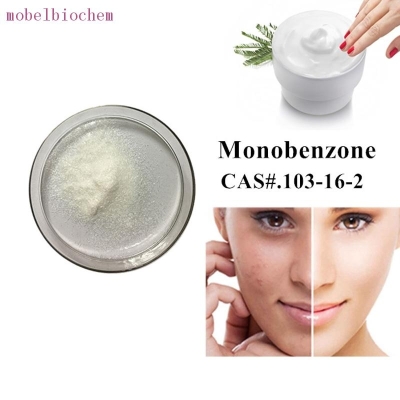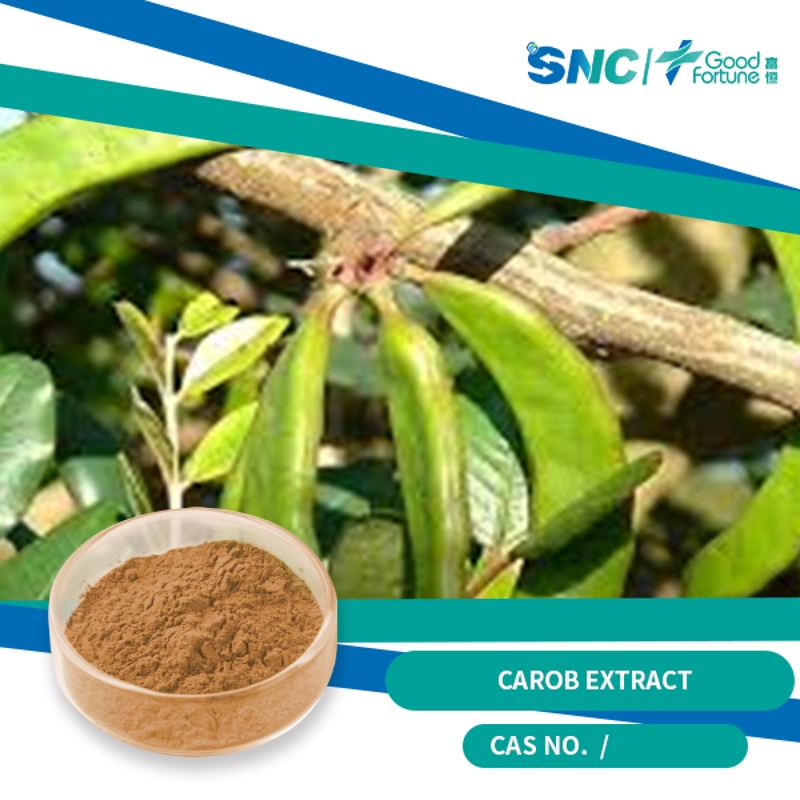Antioxidative effect of jojoba oil extract on liver
-
Last Update: 2016-03-25
-
Source: Internet
-
Author: User
Search more information of high quality chemicals, good prices and reliable suppliers, visit
www.echemi.com
Fumonisin (FBS), a mycotoxin, is a water-soluble metabolite produced by Fusarium fungi This mycosin is mainly produced in corn and sorghum, and is the main source of human infection FB1 is the main component of fumonisin, which is very stable to the heat and is not easy to be damaged by heating, causing mold pollution in the growth, receiving and storage of crops, and posing a great threat to human and animal health Epidemiological studies have found that it may be related to the incidence of esophageal cancer Some rodent studies show that FB1 can cause liver precancerous lesions, indicating that FB1 may have genotoxicity Recently, studies have shown that FB1 can cause DNA hypomethylation and histone demethylation of human hepatocarcinoma cells, which leads to chromatin instability and liver tumor Jojoba is a perennial shrub plant, which grows mainly in semi-arid areas The protein residue of jojoba oil is rich in 79% albumin and 29% globulin Early studies have shown that some components of jojoba oil can inhibit appetite But it also contains some useful ingredients, such as phytic acid and polyphenols, which have antioxidant and anticancer effects The purpose of this study was to determine the components of jojoba seed extracted by ethanol and the protective effect of FB1 on liver in mice In this study, the seeds of jojoba oil were extracted with 95% ethanol, and then the male rats were divided into 6 groups and fed for 8 weeks: (1) control group; (2) 80 mg / kg of FB1 contaminated food; (3) 0.5 mg / kg b.w of jojoba oil extract in low dose; (4) 1 mg / kg of jojoba oil extract in high dose b W.; (5) low dose of jojoba oil extract and FB1 contaminated food were fed at the same time; (6) high dose of jojoba oil extract and FB1 contaminated food were fed at the same time Blood and liver samples were collected for biochemical analysis and histological examination The results showed that jojoba oil extracted by ethanol was rich in protein, phenols, phytic acid and a large amount of Simon's lignin Animals fed FB1 contaminated food showed obvious biochemical and histological changes, which was consistent with the previous literature There was no significant change in the above biochemical parameters in mice fed only two doses of jojoba oil extract In the mice fed with jojoba oil extract and FB1 contaminated food at the same time, it was found that jojoba oil extract could reduce the hepatotoxicity caused by FB1 infection The results show that jojoba oil extract can be mixed with FB1 contaminated food to alleviate the liver toxicity caused by FB1 Figure 2: efficacy of jojoba oil extract (a) food intake (b) body weight of rats fed FB1 contaminated food Jeld: low dose of jojoba seed extract; jehd: high dose of jojoba seed extract Figure 3: liver micrographs (a) showed normal liver lobule structure, central vein, blood sinusoidal signal (s) in the control group; (b) showed vacuole degeneration, hepatocyte necrosis, and blood sinusoidal signal abnormality in the FB1 contaminated rats; (c) showed normal liver cell structure and sinusoidal signal expansion in the rats fed with jeld; (d) no pathological changes in the rats fed with jehd; (e) At the same time, the rats fed FB1 contaminated food and jeld showed that the histological characteristics of hepatocytes were significantly improved, but there was still a very small vacuole degeneration; (f) the rats fed FB1 contaminated food and jehd showed similar characteristics to those of normal hepatocytes (a, e, F: he, × 200; B, C, D: he, × 400)
This article is an English version of an article which is originally in the Chinese language on echemi.com and is provided for information purposes only.
This website makes no representation or warranty of any kind, either expressed or implied, as to the accuracy, completeness ownership or reliability of
the article or any translations thereof. If you have any concerns or complaints relating to the article, please send an email, providing a detailed
description of the concern or complaint, to
service@echemi.com. A staff member will contact you within 5 working days. Once verified, infringing content
will be removed immediately.







